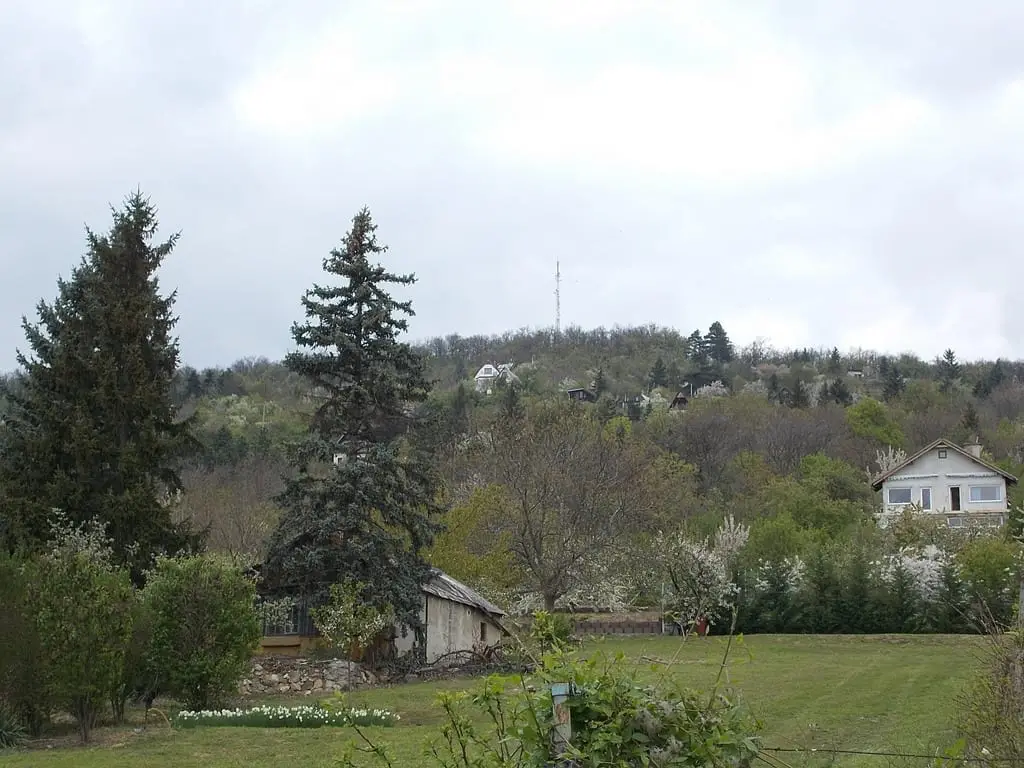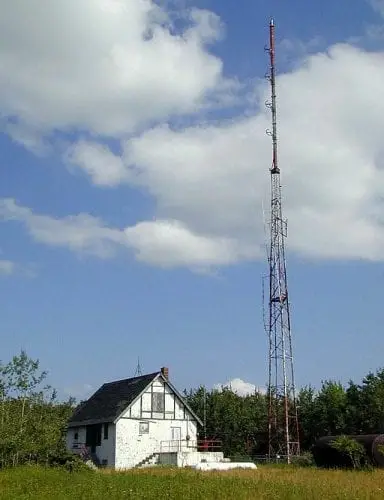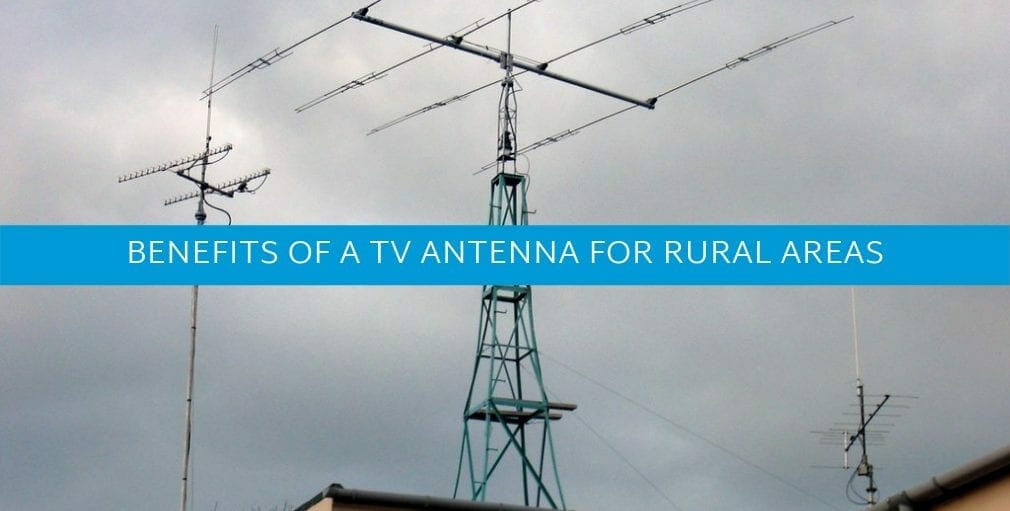A TV antenna can be a great thing to have. However, while many think that the main reason to use one is to cut costs on cable subscriptions and other similar services, that’s not the case.
If you live in the city, you could get an omnidirectional antenna and grab a few free TV channels. But the real use of a TV antenna is for users who live in rural areas. Not many subscriptions and cable services are available there, making watching TV more or less impossible.
And this is where the main benefits of a TV antenna for rural areas come in – you’ll be able to watch some of your favorite channels, often for free. Let’s look at this and the other benefits of TV antennas for people living in rural areas.
There are several benefits to using a TV antenna in rural areas that will be covered in more detail in our article:
- Cost savings: One of the main benefits of using a TV antenna in a rural area is the potential cost savings. Many rural areas do not have cable or satellite TV access, so a TV antenna is often the only option for receiving TV signals.
- No contract: With a TV antenna, there is no need to sign or pay monthly fees. You can install the antenna and start watching TV for free.
- High-quality picture: TV antennas can provide a high-quality picture, especially if you use an HD antenna.
- Local programming: TV antennas allow you to access local programming, including local news, sports, and programming that may not be available through cable or satellite TV.
- Off-grid living: For those living off the grid or in areas without access to traditional TV service, a TV antenna can provide a reliable source of entertainment.
You Can Watch TV
This is the first and most important benefit of a TV antenna if you live in rural areas (See our guide to the best outdoor tv antenna for rural areas). As we mentioned, watching TV can be an impossible task depending on the specific place you live in.
Many cable providers and other TV-watching services simply don’t have any coverage in many rural areas. Therefore, without an alternative, you’re stuck with no TV.

Fortunately, the alternative is a TV antenna. Whether it’s an indoor or outdoor TV antenna, you’ll be able to receive signals from nearby broadcast towers. All you have to do is choose one, which may or may not be tricky, depending on where you live.
If, for example, you have plenty of broadcast towers surrounding you in your nearby vicinity, you could get an omnidirectional antenna that would receive signals from most, if not all, of them.
On the other hand, if you only have a single tower, you’ll be much better off with a directional antenna pointed straight toward the broadcast tower in question.
You’ll Save Some Money.
I know – you’re buying an antenna – how does that save you money? Well, a subscription service does add up over time in terms of pricing, and that can cost quite a bit more than a good outdoor TV antenna.
One of the benefits of a TV antenna for rural areas is that you’re receiving free TV. Those broadcast towers broadcast their signals for free – why would you pay someone to get them to you otherwise?
You’ll Be Able to Watch Tv Even When The Weather Is Bad.
One of the most common issues that satellite subscribers face is their signal going bad or completely disappearing when the weather is bad.
Thunderstorms and rain can significantly impact the signal, and you may be stuck in your home while it’s pouring rain outside, with nothing to watch. Oh, and we won’t discuss what happens when the satellite dish gets covered with snow in the winter.
Even though bad weather also impacts TV antennas, the actual impact is nowhere as bad as it is with satellite TV. And most good outdoor TV antennas have weather-resistant coatings that help them keep the signal strong in these situations.
If you want to maintain your signal during bad weather, yes, an outdoor antenna is the way to go, and that’s another benefit of a TV antenna for rural areas.
Here’s a learning guide on how to adjust an outdoor TV antenna.
Watch Channels Your Cable and Satellite Providers Won’t Give You
Let’s get one thing out of the way. In the discussion of the number of channels between a paid TV service, and a free one, the paid one will win by a huge margin.
However, those paid TV services do keep one big secret from you. Many, if not all, broadcast stations will offer at least one sub-channel, and these sub-channels aren’t offered with your satellite or cable service. If you want them, you’ll need an antenna.

These may not be too important for you as an end user, depending on your location and the specific broadcast towers you have in your vicinity. However, if you want things such as an all-weather channel and some public TV channels, you’ll want to get an antenna.
High-Definition Signals Will Be Uncompressed
It isn’t a secret that cable and satellite providers will compress their signals. A broadcast tower doesn’t do this, and if you use an antenna to receive the channels, you’ll get the full channel quality.
There’s one thing that you must note here, and that is that you may or may not notice the difference between a compressed and uncompressed channel.
Yes, the difference is there; if you have a sharp eye, you will notice it. And if you can, then an antenna will give you a huge benefit in this regard.
Wrapping Things Up
There’s no denying the benefits of a TV antenna for rural areas. And anyone can benefit, whether you’re receiving no signals at all, or you want a better choice or higher quality TV, there’s something for everyone.
If you think that some or all of the benefits we discussed above apply to you, get yourself a TV antenna. It’s an investment, and you’ll need to be careful installing it, but at the end of the day, you’ll save quite a bit of money and get a much better viewing experience.

